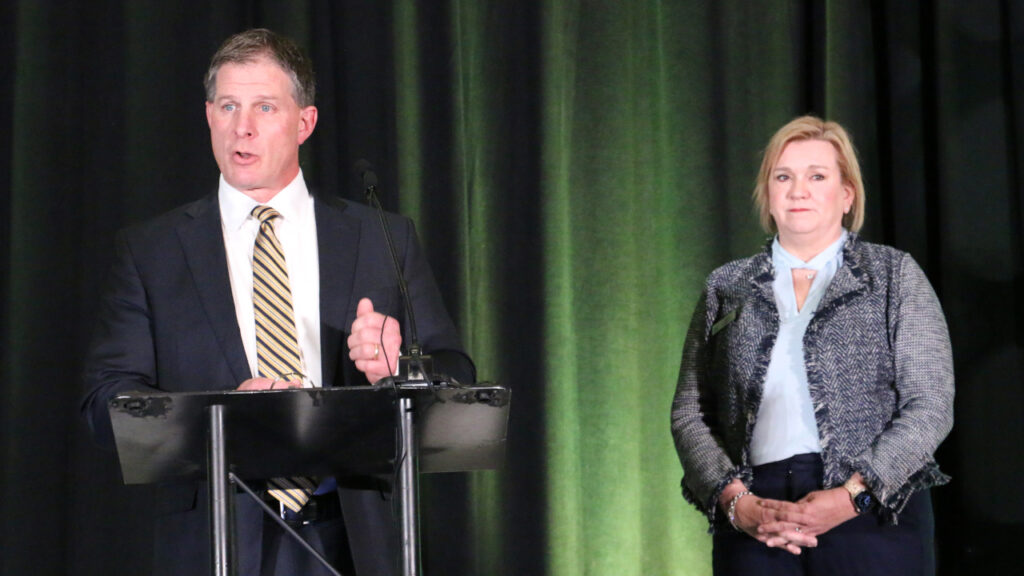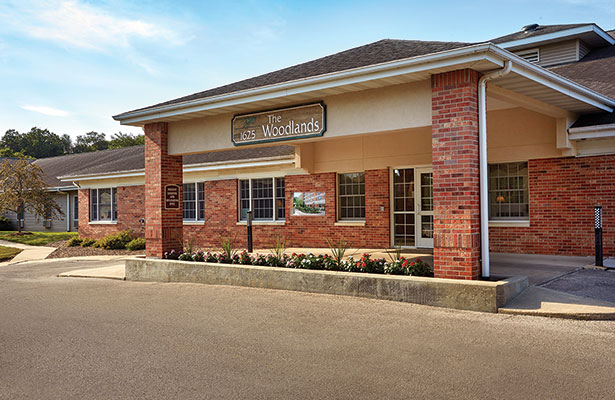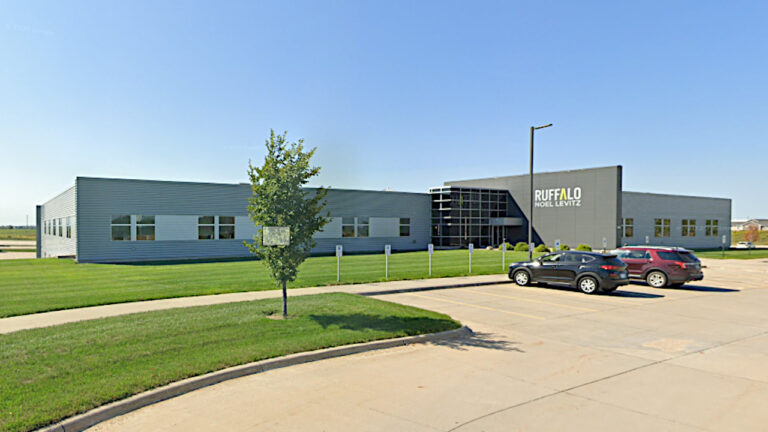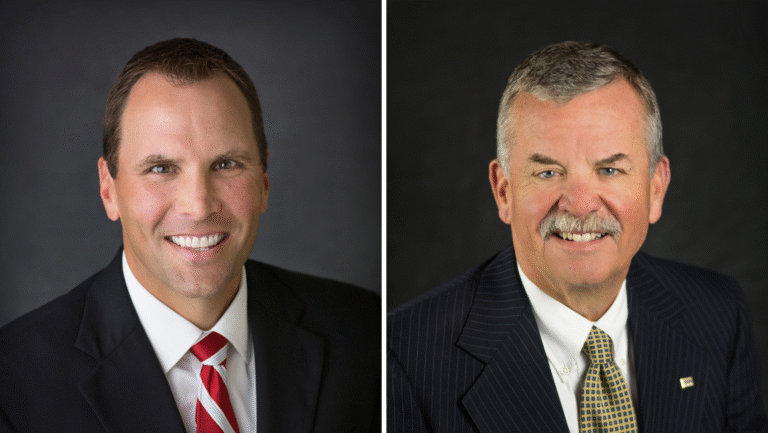Cedar Rapids Metro Economic Alliance looks to build on success

Hugh Ekberg, president and CEO of CRST and Policy Board director for the Cedar Rapids Metro Economic Alliance, introduces Anne Parmley of TrueNorth Companies as the board's newest director at the CRMEA's annual meeting Jan. 18, 2024. CREDIT RICHARD PRATT
In many ways, 2023 was among the most successful years in the 13-year history of the Cedar Rapids Metro Economic Alliance (CRMEA).
A total of 163 new businesses joined the CRMEA’s ranks last year, a 15% membership increase, boosting the economic development group’s total membership close to 1,200.
Red-jacketed CRMEA ambassadors participated in more than 100 ribbon-cuttings and groundbreaking ceremonies in the metropolitan area in 2023.

Want to Read More?
Get immediate, unlimited access to all subscriber content and much more.
Learn more in our subscriber FAQ.
Do you want to read and share this article without a paywall?








